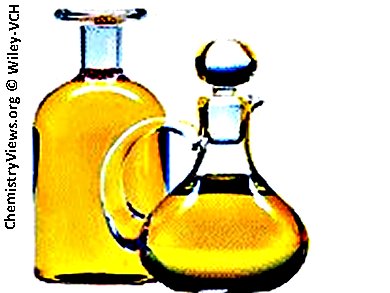Canola oil is one of the most important food oils. From a nutritional point of view it is of special interest as it contains low amounts of saturated fatty acids. Additionally, canola oil contains tocopherols, phytosterols, and polyphenols, which are summarized as healthy minor components. The extraction method, hot press, cold press, or solvent extraction, together with other factors has a significant effect on the content of healthy minor components in canola oil and also on undesirable components, such as free fatty acids and phosphatides.
Alejandro G. Marangoni, University of Guelph, ON, Canada, and colleagues evaluated the quality characteristics and content of healthy minor components of four crude canola oils, extracted by different methods. The cold-pressed canola oils had more favorable quality indicators, such as almost no phosphatides, compared to solvent-extracted and hot-pressed canola oil. However, healthy minor components were significantly higher in solvent-extracted oil than in hot- and cold-pressed oil.
Therefore, the researchers recommend a minimal refining method for solvent-extracted canola oil that improves the quality specifications with high retention of healthy minor components.
- Micronutrient content of cold-pressed, hot-pressed, solvent extracted and RBD canola oil: Implications for nutrition and quality,
Saeed Mirzaee Ghazani, Guadalupe García-Llatas, Alejandro G. Marangoni,
Eur. J. Lipid Sci. Technol. 2014.
DOI: 10.1002/ejlt.201300288




